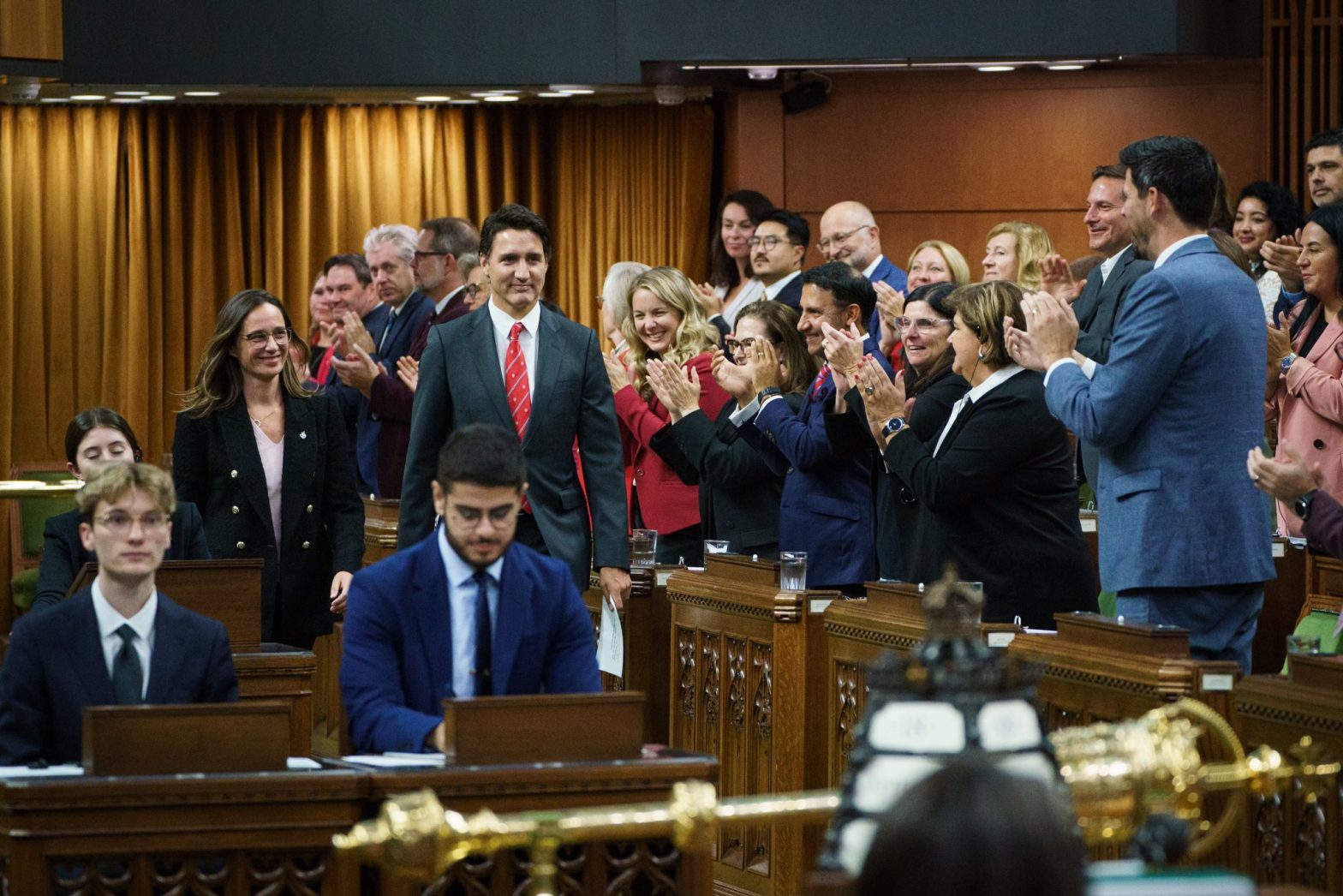Canada expelled a senior Indian diplomat on Monday while conducting an investigation into credible allegations suggesting that the Indian government may have had connections to the assassination of a Sikh activist within Canada.
Prime Minister Justin Trudeau addressed the matter in the Canadian Parliament, revealing that Canadian intelligence agencies had been scrutinizing these allegations in light of the killing of Sikh leader Hardeep Singh Nijjar. Nijjar, a staunch advocate for an independent Sikh homeland known as Khalistan, was fatally shot on June 18 outside a Sikh cultural center in Surrey, British Columbia.
During the G-20 summit, Trudeau raised the issue with Indian Prime Minister Narendra Modi and conveyed that any potential involvement by the Indian government would be deemed unacceptable. Trudeau also requested cooperation from India in the ongoing investigation.
Canadian Foreign Minister Mélanie Joly announced the expulsion of the head of Indian intelligence in Canada as a consequence of these developments, emphasizing the severity of such actions if proven true, describing it as a violation of Canadian sovereignty and fundamental principles governing international relations.
Efforts to reach the Indian Embassy in Ottawa for comment by The Associated Press went unanswered.
Canada has a Sikh population of over 770,000, comprising roughly 2% of its total population.
Trudeau highlighted that Canadian security agencies have actively pursued credible allegations linking agents of the Indian government to the killing of Canadian citizen Hardeep Singh Nijjar over recent weeks. He stressed that any involvement by a foreign government in a Canadian citizen’s killing on Canadian soil is an unacceptable breach of sovereignty.
Trudeau underlined his government’s close collaboration with Canada’s allies in handling this case and urged the Indian government, in the strongest possible terms, to cooperate with Canada in resolving the matter.
To address the situation comprehensively, Canada’s national security adviser and the head of its spy service have traveled to India to meet their counterparts and present the allegations. This case is being treated as an active homicide investigation led by the Royal Canadian Mounted Police.
Additionally, Trudeau informed U.S. President Joe Biden and U.K. Prime Minister Rishi Sunak about the situation, while Foreign Minister Joly planned to raise the issue with her counterparts from the G7 during their meeting in New York City ahead of the United Nations General Assembly.
Also Read: Anthony Richardson concussion: When can Indianapolis Colts QB return?
Canada-India relations have experienced strain, leading to disruptions in trade talks and the cancellation of a planned trade mission to India.
Opposition leader Pierre Poilievre from the Conservative Party emphasized that if the allegations are confirmed, they would represent a grave challenge to Canada’s sovereignty, calling for transparency in the investigation.
Opposition leader Jagmeet Singh from the New Democratic Party, who is of Sikh descent, expressed shock and outrage at the potential link between a Canadian citizen’s murder on Canadian soil and a foreign government. Singh also shared concerns about the impact of questioning India’s human rights record on obtaining visas for travel to India.
The Khalistan movement is banned in India, where it is viewed as a national security threat. However, it still garners some support, not only in northern India but also among the Sikh diaspora in countries such as Canada and the United Kingdom.
Modi conveyed “strong concerns” about Canada’s handling of the Punjabi independence movement among the overseas diaspora during his meeting with Trudeau at the G-20, as per a statement from India’s Ministry of External Affairs. India described the Sikh movement as promoting secessionism and inciting violence against Indian diplomats and called for cooperation with Canada on addressing what it sees as a threat to the Canadian Indian diaspora.
The World Sikh Organization of Canada identified Hardeep Singh Nijjar as a vocal advocate for Khalistan who had frequently led peaceful protests against human rights violations in India and in support of Khalistan. The organization also claimed that Nijjar had publicly mentioned threats to his life from Indian intelligence agencies.







